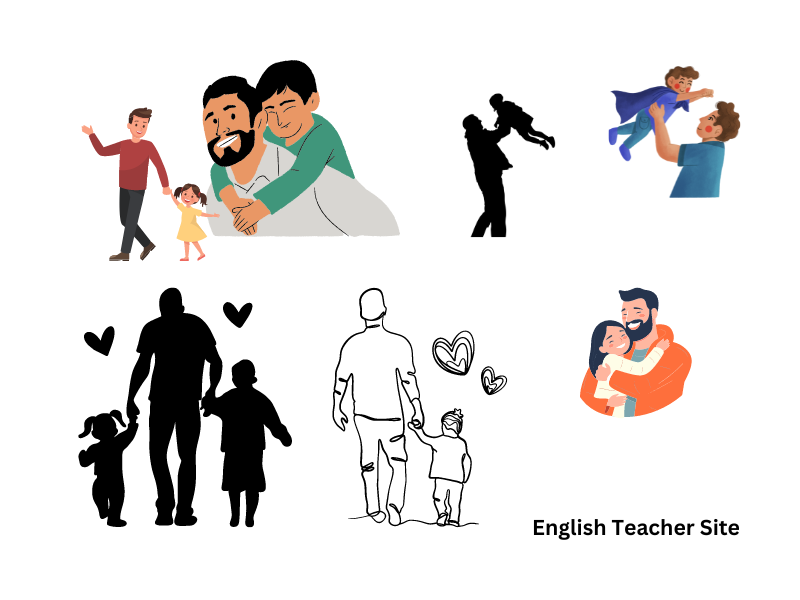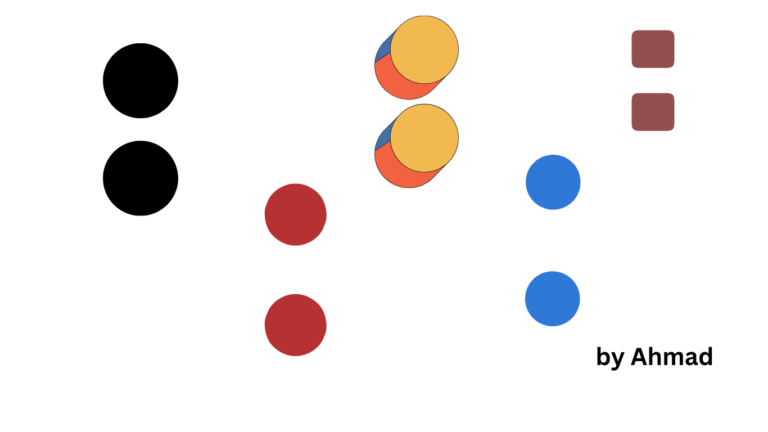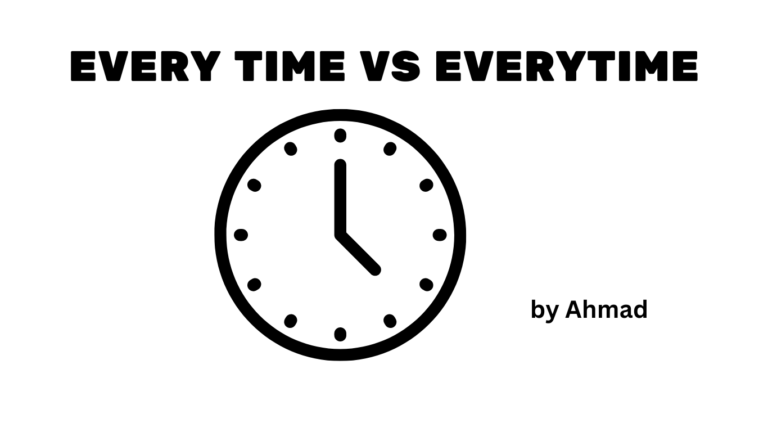Should You Capitalize Dad? Understanding When and Why It Matters

- “Dad” is capitalized when used in place of a person’s name or as a direct address.
- Capitalization is unnecessary when “dad” refers to the familial role in a general sense.
- Mastery of capitalization rules for “dad” is part of broader English grammar proficiency.
The nuances of capitalizing family titles like “dad” often lead to confusion. It is imperative to distinguish between using the term as a formal noun, which warrants capitalization, and a common noun where it does not.
Should you capitalize “Dad”?
In the case of the word “dad,” a straightforward guideline helps to determine its correct use. Capitalize “dad” when it is used as a proper noun, but do not capitalize it when used as a common noun. This distinction revolves around whether “dad” refers to a specific person, resembling a personal name, or is used in a more general sense.
Usage as a Proper Noun:
When “dad” is used in place of a person’s name, it should be capitalized:
- Example: “I asked Dad for advice.”
Usage as a Common Noun:
Conversely, “dad” is not capitalized when used generically:
- Example: “Any dad would be proud of that accomplishment.”
Contextual Guidelines:
| When to Capitalize “Dad” | When Not to Capitalize “Dad” |
|---|---|
| Beginning of a sentence | Referring to fathers in general |
| Used instead of a name | Preceded by a possessive adjective (e.g., my, your) |
| In direct address | In the phrase “my dad” |
| In a title or signature | When used descriptively |
Direct address and titles also influence capitalization:
- Direct Address: “Are you coming with us, Dad?”
- Title / Signature: “With love, Your Dad.”
Key Points:
- Capitalize “Dad” when it could be replaced with the individual’s name.
- Do not capitalize when describing the relationship or if it follows a possessive adjective.
- Stay aware of contextual nuances to maintain proper grammar.
Understanding Capitalization
In English grammar, the application of capital letters can change the meaning of a sentence, marking the difference between common and proper nouns.
Definition and Significance
Capitalization is the writing of a word with its first letter in uppercase and the remaining letters in lowercase. This is significant in English writing because it distinguishes proper nouns from common nouns and signals the start of a new sentence or important terms.
- Common nouns refer to general items or concepts (e.g., “city,” “river”).
- Proper nouns name specific entities (e.g., “London,” “Amazon River”) and are always capitalized.
Capitalization Rules Overview
The capitalization rules dictate that the first word of every sentence is capitalized, as are the names of specific people, places, and organizations. However, when considering family titles such as “dad,” the rules are more nuanced.
When to Capitalize “Dad”:
| Situation | Example | Capitalization |
|---|---|---|
| Used as a proper noun, replacing a specific person’s name | “I gave Dad a gift.” | Capitalized |
| Used in direct address | “Are you coming, Dad?” | Capitalized |
| Used as a common noun, not replacing a specific person’s name | “My dad loves fishing.” | Not capitalized |
- The title “Dad” is capitalized when it substitutes a person’s actual name or is used in direct address.
- It remains lowercase when it is a common noun describing one of many (e.g., any dad).
General Rules for Capitalization:
- Begin sentences and quotes with capital letters.
- Capital letters are used for days, months, holidays, but not seasons.
Grammatical Application
In determining whether you should capitalize the word “dad,” the core grammatical principles surrounding family titles, common nouns, proper nouns, and possessive cases must be considered. Application of these grammatical rules in writing can clarify respect and specificity in address.
Common vs. Proper Nouns
Nouns can be classified as either common or proper. A common noun refers to a general item or person, such as ‘father’, while a proper noun specifically names an item or person, such as ‘Dad’ when it substitutes for a name. In English grammar, only proper nouns are capitalized.
Common Noun Usage:
- father: “I spoke with my father about the car.”
Proper Noun Usage:
- Dad: “I went fishing with Dad yesterday.”
| Noun Type | When to Capitalize | Example |
|---|---|---|
| Common Noun | Do not capitalize | He is a great dad. |
| Proper Noun | Capitalize | Dad is calling. |
Family Titles in Context
The capitalization of family titles such as ‘mom’ and ‘dad’ hinges upon their application within the sentence. When the title stands in place of a proper name or is used in direct address, it is treated as a proper noun and is capitalized.
- “Can you ask Mom if she can drive us?”
- “Jess, Dad wants to talk to you.”
Contextual Applications:
- Non-Capitalized: They said their dad is the best cook.
- Capitalized: Jennifer, could you go fishing with Dad?
Possessive Cases with ‘dad’
When indicating a relationship or possession and the family title is preceded by a possessive adjective such as ‘my’, ‘your’, ‘his’, ‘her’, ‘our’, or ‘their’, it typically remains lowercase.
- “Is that my dad’s car?”
- “Her dad will join us later.”
However, in the case of a direct address or when the title is used in place of a proper name, it will still be capitalized:
- “My Dad, Steven, is a great cook.”
- “Did you get the book from Mom?”
When to Capitalize ‘Dad’
The term ‘Dad’ should be capitalized in the following circumstances:
- Direct Address: When ‘Dad’ is being used in place of a person’s name.
- Beginning of a Sentence: As with all proper nouns.
| Situation | Capitalization | Example |
|---|---|---|
| Direct Address | Capitalized | “Let’s go fishing, Dad.” |
| Start of Sentence | Capitalized | “Dad is calling us for dinner.” |
When Not to Capitalize ‘Dad’
Avoid capitalization of ‘Dad’ when:
- It follows possessive pronouns (e.g., my, your, his).
- It is used generically or not in place of a person’s name.
| Situation | Capitalization | Example |
|---|---|---|
| After Possessive | Not Capitalized | “I gave my dad a call.” |
| Generic Use | Not Capitalized | “Any dad would be proud in that situation.” |
Examples in Sentences
The application of capitalization rules can be seen in these sentences where ‘Dad’ should or should not be capitalized:
- When used in direct address: “Can you pass the salt, Dad?”
- Not capitalized after a possessive: “Her dad loves to cook on weekends.”
Synonyms for ‘Dad’:
Using synonymous terms for ‘dad’, the capitalization rules remain the same. Here are a few examples:
- Father
- Papa
- Pops
- Old man (informal)
Each term follows the same capitalization rules outlined for ‘Dad’. For instance:
- Father: “I went sailing with Father.” / “My father is a sailor.”
- Papa: “Papa, what time is it?” / “I asked my papa for advice.”
Source
My name is Khamis Maiouf. I am the creator of the English Teacher Site, dedicated to providing valuable resources and insights for students around the world. With a passion for education and a commitment to helping students enhance their skills, I aim to make English teaching more effective and enjoyable for both educators and students.






